Description
NR546 Week 3: Case Study
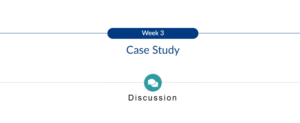
Preparing the Discussion
Follow these guidelines when completing each component of the discussion. Contact your course faculty if you have questions.
General Directions
Review the provided case study to complete this week’s discussion.
Include the following sections:
- Application of Course Knowledge: Answer all questions/criteria with explanations and detail.
- Select one drug to treat the diagnosis(es) or symptoms.
- List medication class and mechanism of action for the chosen medication.
- Write the prescription in prescription format.
- Provide an evidence-based rationale for the selected medication using at least one scholarly reference. Textbooks may be used for additional references but are not the primary reference.
- List any side effects or adverse effects associated with the medication.
- Include any required diagnostic testing. State the time frame for this testing (testing is before medication initiation or q 3 months, etc.). Includes normal results range for any listed laboratory tests.
- Provide a minimum of three appropriate medication-related teaching points for the client and/or family.
NR546 Week 3: Case Study
Solution
WS is a 22-year-old male with schizophrenia (F20.9). He presents with paranoia, disorganized thoughts, and signs of internal preoccupation. To stabilize his symptoms, I recommend starting risperidone, a second-generation antipsychotic (SGA) that addresses both positive and negative features of schizophrenia while maintaining a tolerable side effect profile (Stahl, 2021).
Risperidone is a serotonin-dopamine antagonist. It blocks dopamine D2 receptors and serotonin 5-HT2A receptors. The D2 antagonism reduces excess dopamine activity in the mesolimbic pathway, which improves positive symptoms such as hallucinations and delusions. The 5-HT2A blockade helps balance dopamine in other brain regions, improving mood and reducing the risk of extrapyramidal symptoms (EPS) (Stahl, 2021).
The prescription for WS is risperidone 2 mg orally at bedtime, dispensed as 30 tablets with 2 refills. This dose is appropriate for initial therapy and may be adjusted based on the patient’s response.
Risperidone may cause side effects including sedation, dizziness, increased appetite, constipation, and mild EPS. A more specific concern is hyperprolactinemia, which may lead to sexual dysfunction, gynecomastia, or menstrual irregularities. Stroup and Gray (2018) report that risperidone carries one of the highest risks of prolactin elevation among SGAs, especially at doses above 4 mg per day……….Purchase the full solution for $5.


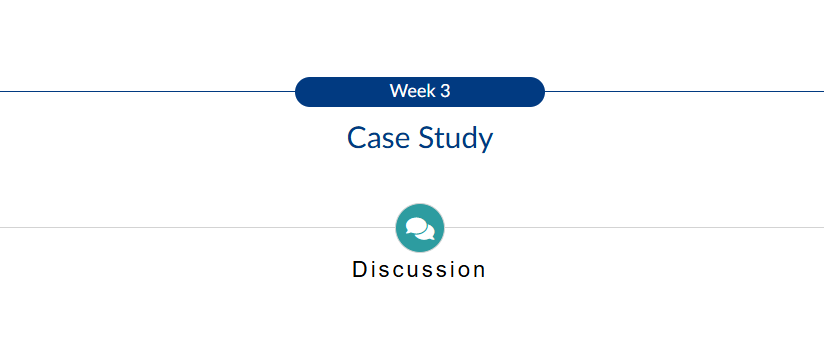
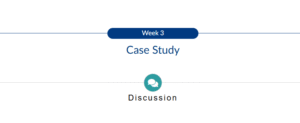
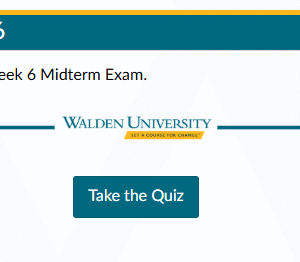

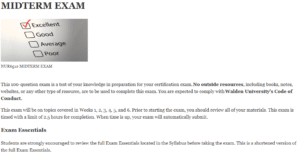
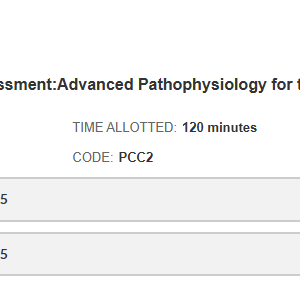
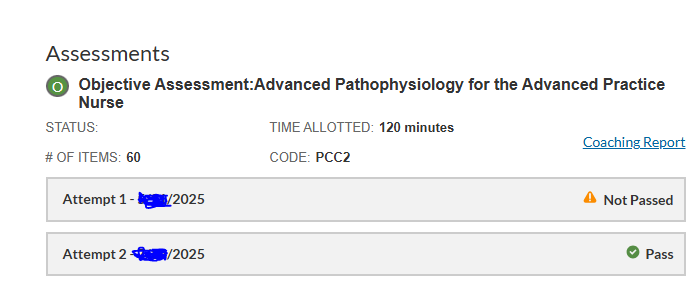

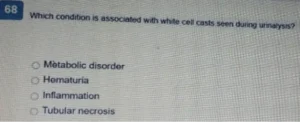
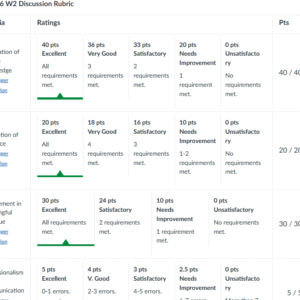
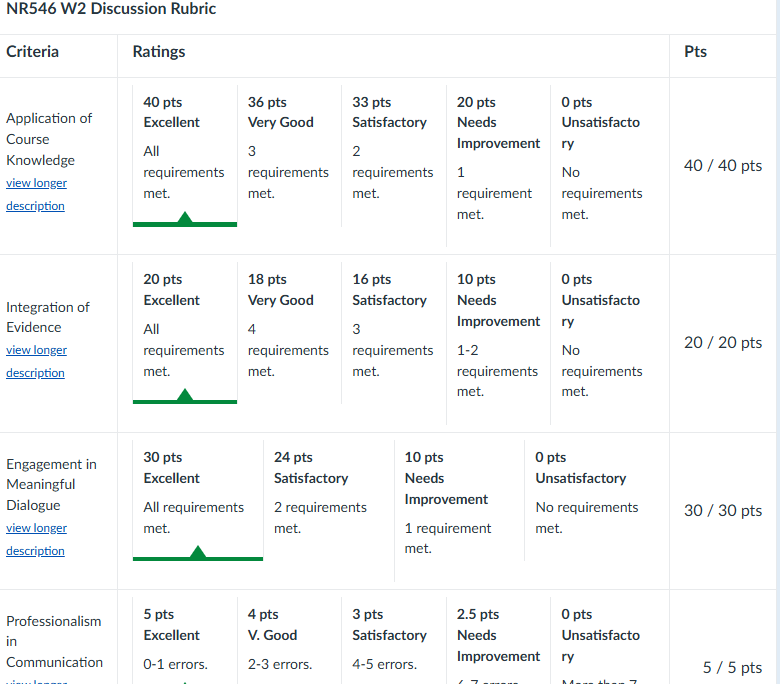
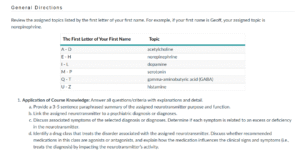
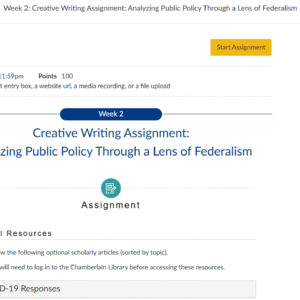
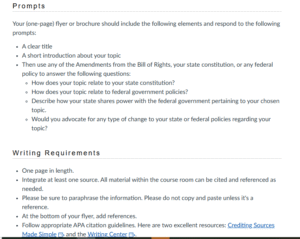
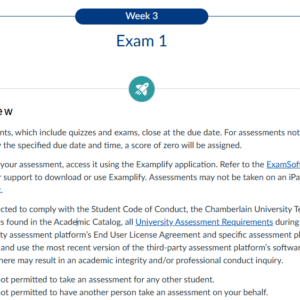
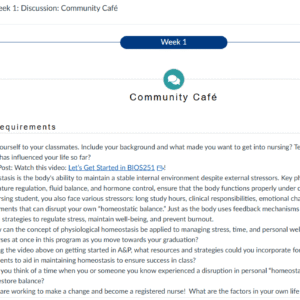


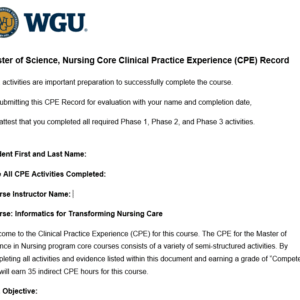
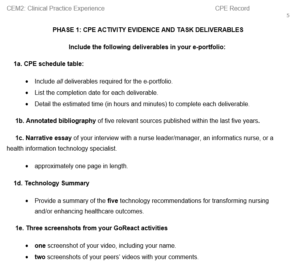
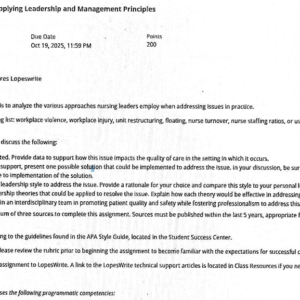
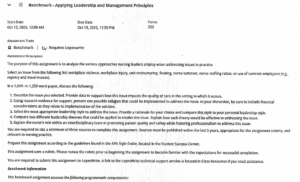
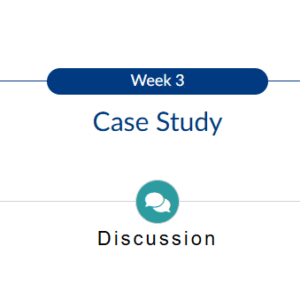

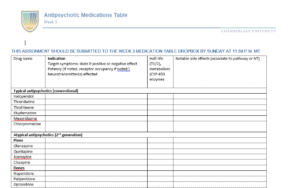
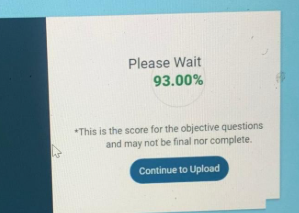
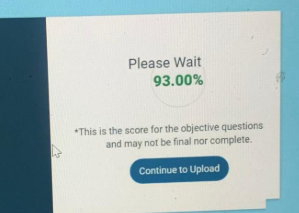

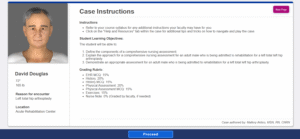

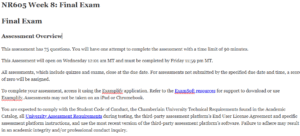
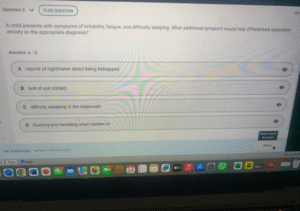
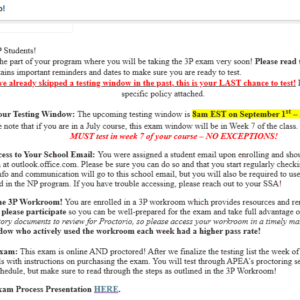
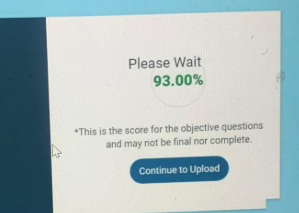
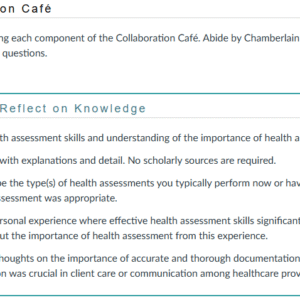
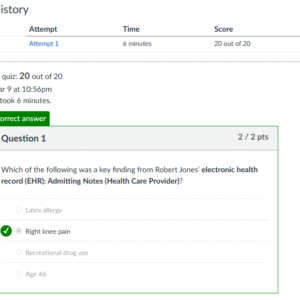
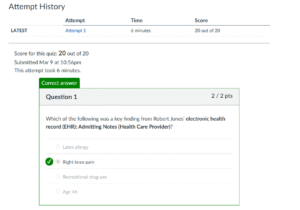
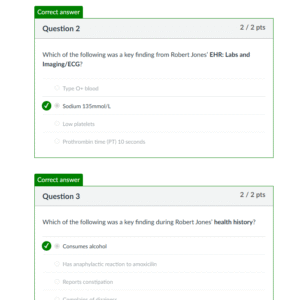
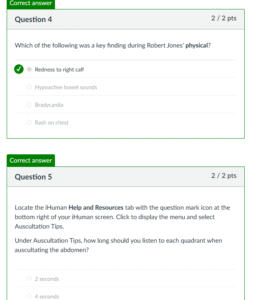







Customer Reviews
There are no reviews yet.